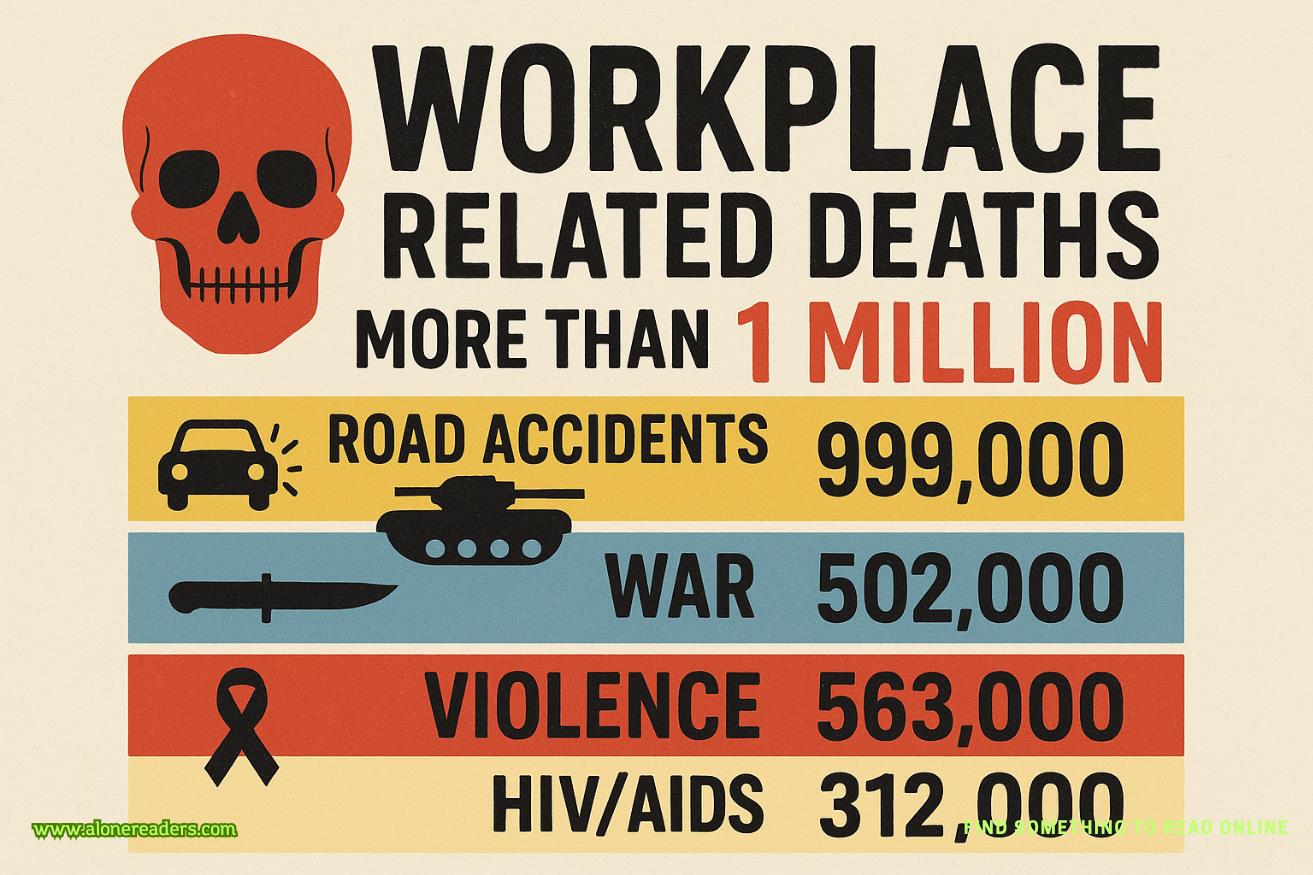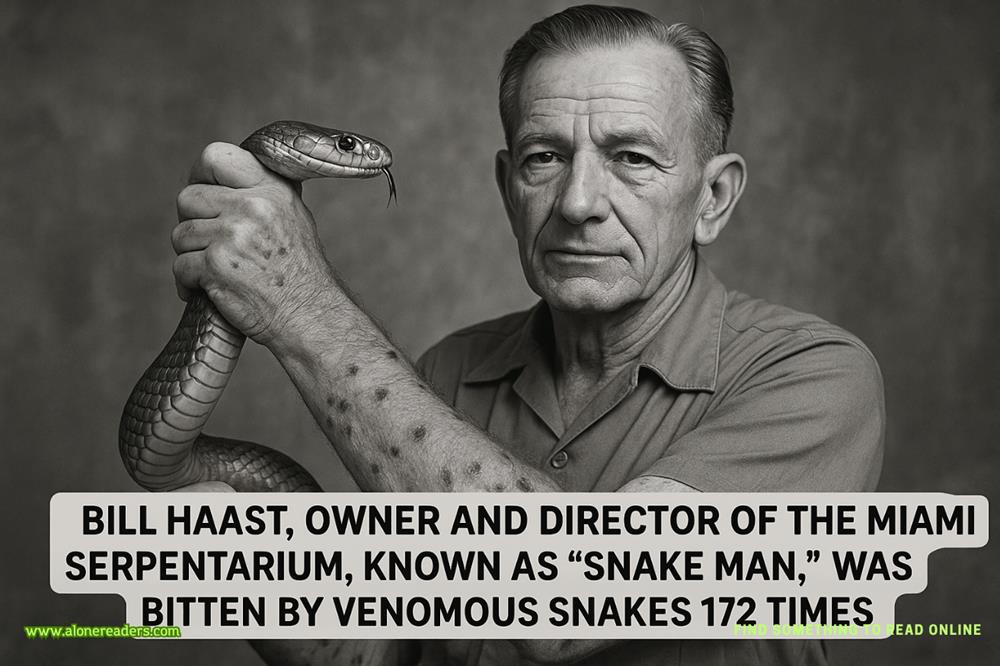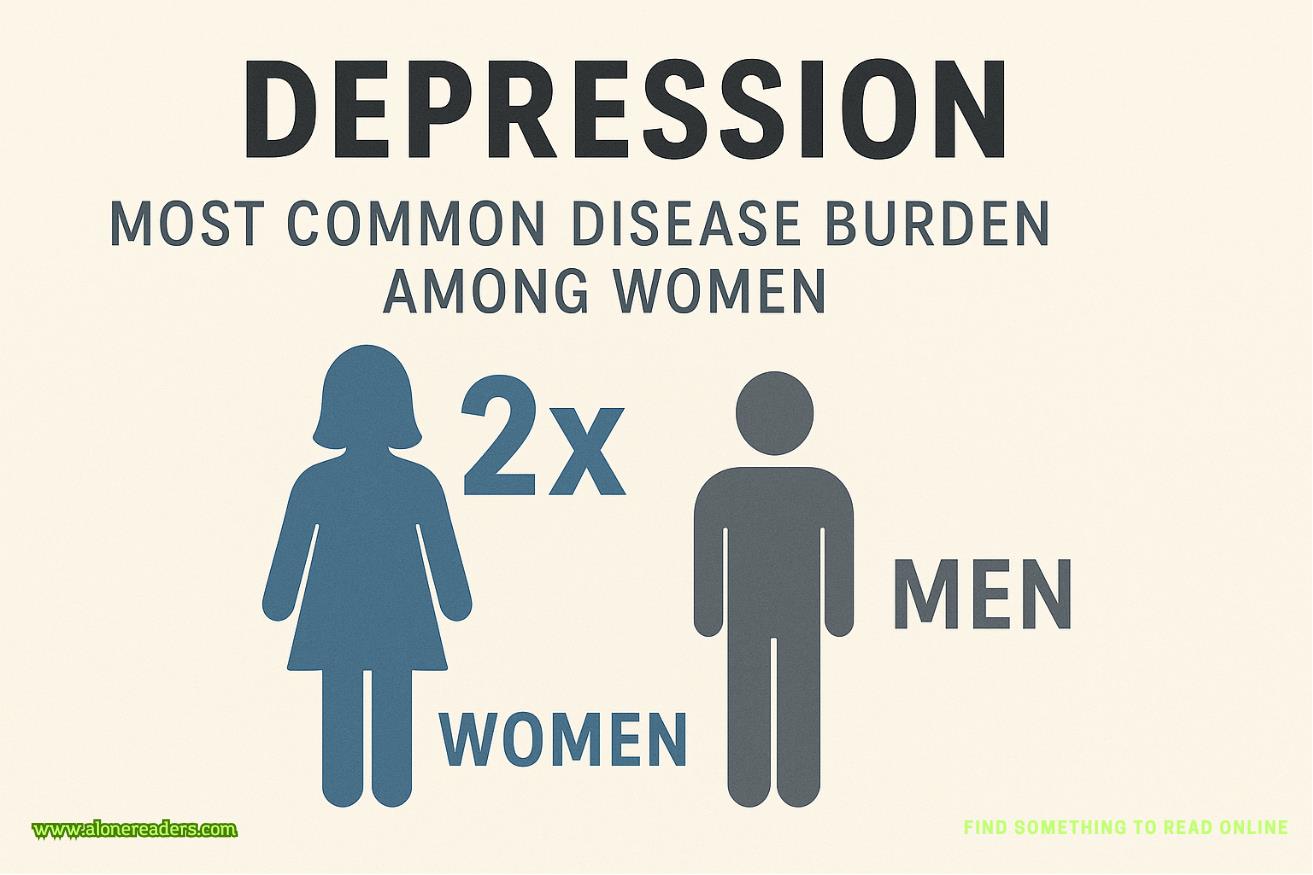Page 35 of Once a Gentleman
“I will see to Mr. Hewlett,” Andrew replied heavily.
“Very good, sir,” Samuel repeated, this time in a tone of great skepticism. As well he might. Hewlett would likely much prefer Samuel come looking for him.
But Andrew wouldn’t rest until he’d seen Hewlett for himself, and besides, he ought to take his lumps like a man. Hewlett would need to vent his fury and his offense. Andrew deserved every particle of it. Hewlett could strike him, knock him down, kick him, beat him with the bloody fireplace poker, and Andrew would deserve it. Welcome it, in fact, as the only expiation he could think of.
Hewlett’s face, smashed into the wall—Andrew shook his head, desperately trying to clear that vision away, but he knew he’d see it each time he closed his eyes for a long time to come.
Andrew ran upstairs first, taking them two at a time, and rapped frantically on Hewlett’s door with no result.
Breaking it down felt like a rational possibility for a wild moment, but no, no, and he stopped just in time, an instant before kicking it in. Hewlett hadn’t been badly hurt. He’d had the presence of mind to send them out the back of the house, in any case, and though Andrew thought Hewlett might retain his presence of mind even after losing a leg, he’d been upright—and the time between Hewlett’s first cry and Andrew’s appearance in the hall had spanned only moments. There hadn’t been time for Dowling to do him much injury.
The thought that Hewlett might have simply run out the front door and vanished into the streets of Portsmouth, never to return, struck him forcibly enough for nausea, but no. Again, no. Hewlett wouldn’t panic like that, either. He would at least take the time to write some kind of scathing resignation, perhaps with a numbered list of Andrew’s faults as an employer and a man.
And that would take some considerable time, a thought that had Andrew letting out a crack of near-hysterical laughter. What a blessing to possess so many flaws, if enumerating them kept Hewlett occupied long enough for Andrew to find him.
With breaking down Hewlett’s door off the table, that left searching the house to be certain his wayward secretary wasn’t hiding in it somewhere else, and then camping outside Hewlett’s bedchamber, on his knees, and patiently begging for the opportunity to beg rather more. He thought fleetingly of his pride, and dismissed it at once. Pride? What good would his pride be to him after he had watched Hewlett walk out his door, gone forever?
At last, after checking all of the public rooms and the study, Andrew found Hewlett in the kitchen.
He came to a stumbling halt in the doorway, arrested by the sight: Hewlett sat primly at the large scrubbed table where the cook kneaded her bread, a pot of tea and a single cup in front of him, along with a little dish of sliced apples. The knife he’d used to peel the fruit sat beside his plate, as if Hewlett had wanted it within reach for something more than apples.
Hewlett’s cheeks were quite pale, but he looked otherwise entirely composed. As if he had not been assaulted on his way downstairs for his midnight snack, after all. He glanced up at Andrew, his green eyes glinting darkly in the light of the single candle on the table, and then lifted his tea and took a sip without a word.
Perhaps Hewlett’s hand shook a little. Good God, what did it cost him to appear so calm? Andrew nearly fell to his knees then and there, and had to catch himself on the doorway, his fingers aching from the force of his grip.
“Hewlett,” he managed, the one word alone sounding like an entreaty for mercy.
“Mr. Turner,” Hewlett replied evenly. Andrew winced, flushed, and hated himself all the more. He had been demoted back to a mere employer, then, and lost any ground he might have gained in Hewlett’s perception of their intimacy.
Hewlett took another sip of his tea and then set it down again, the cup clinking in the saucer. His hand still shook even if his voice didn’t.
“Dowling is gone, and he will never return. You will never see him again, you have my word. I ought never to have allowed him in the house again, and I would not have, if I had—” Too late, Andrew realized that telling Hewlett he hadn’t even known Dowling was there only made him sound like a fool. But of course, he had been. He swallowed hard. “I did not attend, and you paid the price for my negligence. I repeat, he will never enter this house again. No one with the capacity to insult you will ever enter this house again.”
To his shock, he found that he meant it. Which meant in turn, of course, that almost no one Andrew knew could ever enter the house again.
And he did not care one whit.
“Oh?” Hewlett looked up, eyes glinting and mouth tight. He didn’t sound quite so composed, now. “Does that mean you intend to leave it yourself, and never return?”
Andrew’s mouth opened on a retort, and his fingers nearly gouged holes in the door frame.
And then he shut his damn fool mouth again. Hewlett was perhaps not being entirely fair, and yet…and yet his grievance transcended fairness, and Andrew deserved it.
“In any case, it hardly matters,” Hewlett went on, not waiting for whatever pathetic reply Andrew might have made. “I shall be leaving in the morning. Departing tonight would be rather more dramatic than the situation warrants. But in the morning, I will go.”
A great many replies sprung to Andrew’s mind, some commanding, some cajoling, others clever. In the end, all that came out were the hoarse, desperate words, “Please don’t.”
Hewlett looked almost startled for a moment, his eyes wide and his lips parted, but he recovered so quickly Andrew would have missed it, had his gaze on Hewlett’s face not been so hungrily focused.
He shrugged and took up his cup again. “A secretary is easily replaced, Mr. Turner.”
In the same tone, and still feeling as if he had no control over his own voice, Andrew said, “But you aren’t.”
A heavy, miserable dread had settled over him, over the kitchen, over the whole proceeding. His heart beat sluggishly and his lungs labored. His limbs felt mired in mud, or treacle, or something else unpleasantly sticky and thick.
Hewlett let out a sharp, bitter-sounding laugh, and in one quick motion he drained his cup, set it down with a clatter, and rose from his chair. “The last few days contradict you,” he said—and then stopped, frozen, his mouth open, as Andrew’s chest squeezed even more painfully, taking his breath away.
The last few days? When Andrew had taken those other men upstairs, passing by Hewlett’s bedchamber on his way. He had noticed, and it had hurt him. Andrew could hardly wrap his mind around that.















